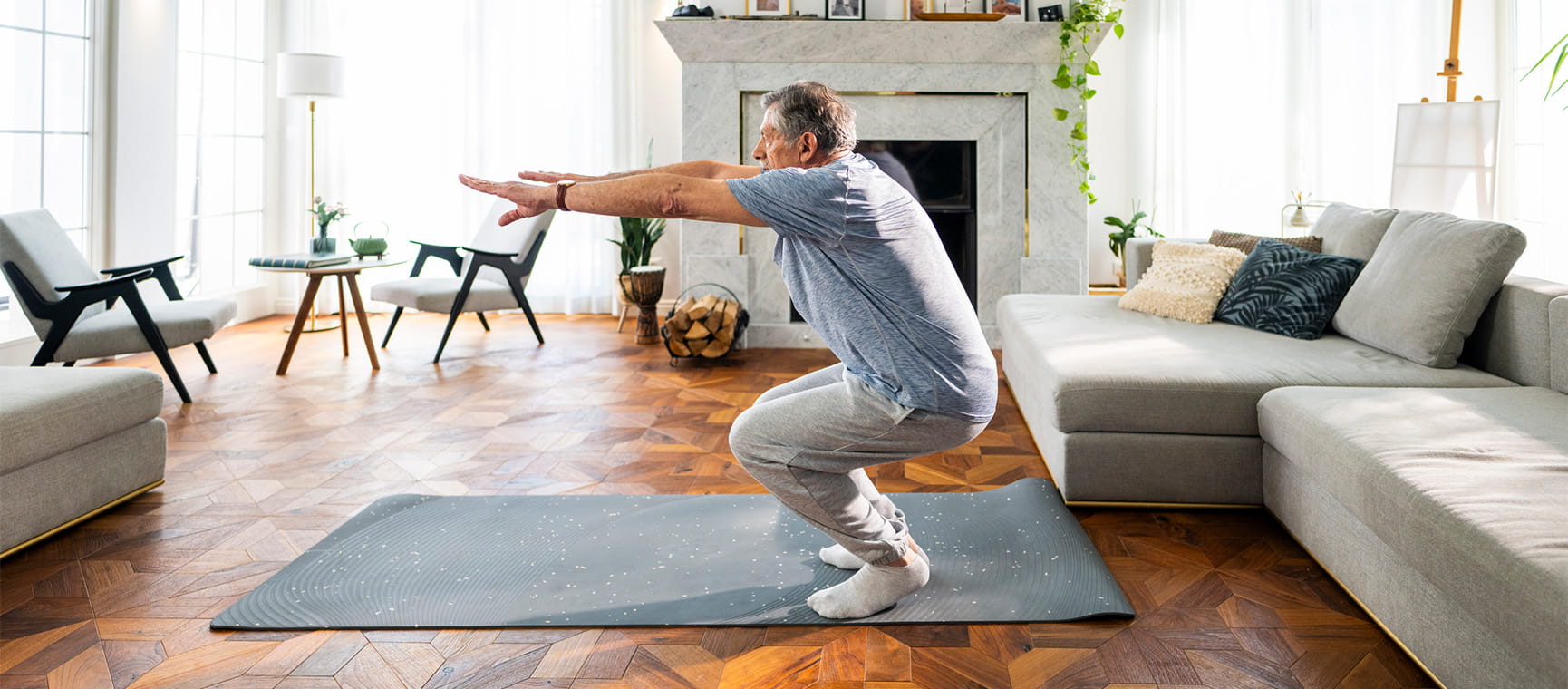Practical tips to cut your Alzheimer's risk from a brain expert
Brain injury expert Natalie Mackenzie shares her advice on how to reduce your Alzheimer’s risk.

Brain injury expert Natalie Mackenzie shares her advice on how to reduce your Alzheimer’s risk.

Almost a million people in the UK currently live with Alzheimer’s, the most common type of dementia, and it’s a number that’s only set to increase.
Like any health condition, there’s no guarantee of who will get the condition, and who will not, but there is evidence that certain lifestyle choices can impact our risk.
There are a number of health conditions that have been evidenced as having a potential link to increased risk of developing dementia, such as diabetes, hypertension, obesity, depression, and hearing loss.
Even so, engaging in suggested activities and practices that are beneficial for cognitive health can reduce these risk factors
This means there are proactive, practical things you can do to reduce your risk factors.
This isn’t just about Alzheimer’s, but taking control of your overall cognitive health.
As we age, one of the biggest things we’re fearful of cognitive decline. But tracking your cognition puts you back in the driving seat, provides reassurance and allows early detection of cognitive issues, which can lead to more effective treatment options and improved quality of life.
Getting a good night's sleep is key to keeping your mind clear. Experts have found that those who don't sleep enough often find it harder to think clearly and use words well and lack of sleep has been linked to increasing your chance of dementia.
Practice good sleep hygiene: try to go to bed and wake up at a similar time each day; keep mobile phones out of the bedroom and limit caffeine before bed.
Caring for your body means caring for your brain, too. Research has shown that exercise benefits your brain and body and people who stay active tend to have healthier brains than those who are more sedentary.
Movement aids skills such as remembering things, how quickly we think, and making decisions. This is super important as we get on in years because being active helps put the brakes on our brains slowing down.
Research has shown those who regularly exercise are 20% less likely to develop dementia.

But it doesn’t mean you need to spend hours at the gym, short bursts can still make a difference. When time is tight, but you still want to give your brain a little extra punch, aerobic exercises like jogging, swimming or cycling are all great and moving for a 20-minute session of getting your heart pumping can work wonders!
Keep at it for around a month, about three to four times a week, and you'll start to see some real cognitive benefits.
We also know that being sociable helps our cognition, and that social isolation can play a big part in your Alzheimer’s risk, so why not get double the benefit by signing up for group sports or activities?
It turns out that combining socialising with some exercise can do amazing things for your brain-and working out is always easier when you’ve got someone to chat to. Humans thrive on socialisation, but as we age isolation can easily occur - loneliness is as bad for you as smoking. It has a negative impact on our mental and cognitive health.
Group socialisation is really important for both emotional and cognitive wellbeing. Being around others engages a number of cognitive areas, isolation does not stimulate a brain!
Weight isn't just something you can see on the outside; it can have a big impact on your brain. Researchers have found out that not being in the right weight bracket can be a risk factor for dementia.
But changes can help, people who have been on the heavier side and have worked hard to lose some of that weight have noticed that their memory gets sharper, they can pay attention better, and they find it easier to get tasks done and make decisions. When you're looking to lose some weight, you want to make sure you're eating the right stuff .
We’ve all heard how the Mediterranean diet helps keep your brain sharp. What really matters is that you're filling up on the good food that keeps your body and brain happy.
Think fruit and vegetables such as broccoli and spinach, strawberries and avocado, nuts and seeds, tasty seafood options such as fresh wild Salmon, vibrant rainbow trout, and halibut and wholesome oils for cooking and dressings such as rich olive oil and versatile canola oil.
Natalie Mackenzie is a cognitive rehabilitation therapist who has 20 years of experience in supporting families with brain injuries, such as strokes. She also supports individuals with fatigue and offers cognitive assessments.
View author page
Are you retiring at the wrong age? The best age to retire for your body, brain, happiness and pocket.


Everything you need to know about the lung infection, and how you could be ill with “walking” pneumonia without realising it.

Strong calves for a strong mind: how they support our circulation and brain health, with easy moves to strengthen yours at home.


Our GP Dr Mark Porter explains what can cause itchy skin, which is a common problem as we get older.

Worried you’ve morphed into Victor Meldrew? Find out how to battle that bad mood, and what to do if you’re stuck with a grouchy loved one.

The benefits of heat and cold therapy, and how Nordic bathing won over our nervous writer.

Here’s how to spot the symptoms of heat disease and reduce your danger.


The NHS winter vaccination campaign kicks off next week. Here’s the lowdown on what you need to book.

Pilates for back pain – what to do if you are suffering, and five gentle exercises that could help.

Dizziness or vertigo: a sensation of spinning, can stop us doing everyday things for fear of falling. Try these tips to stop feeling dizzy


You don’t have to put up with bladder leaks. We try out the latest pelvic floor gadgets for men and women.

Cataracts are a normal part of ageing. Learn how to spot the signs – and when it’s time to consider surgery.